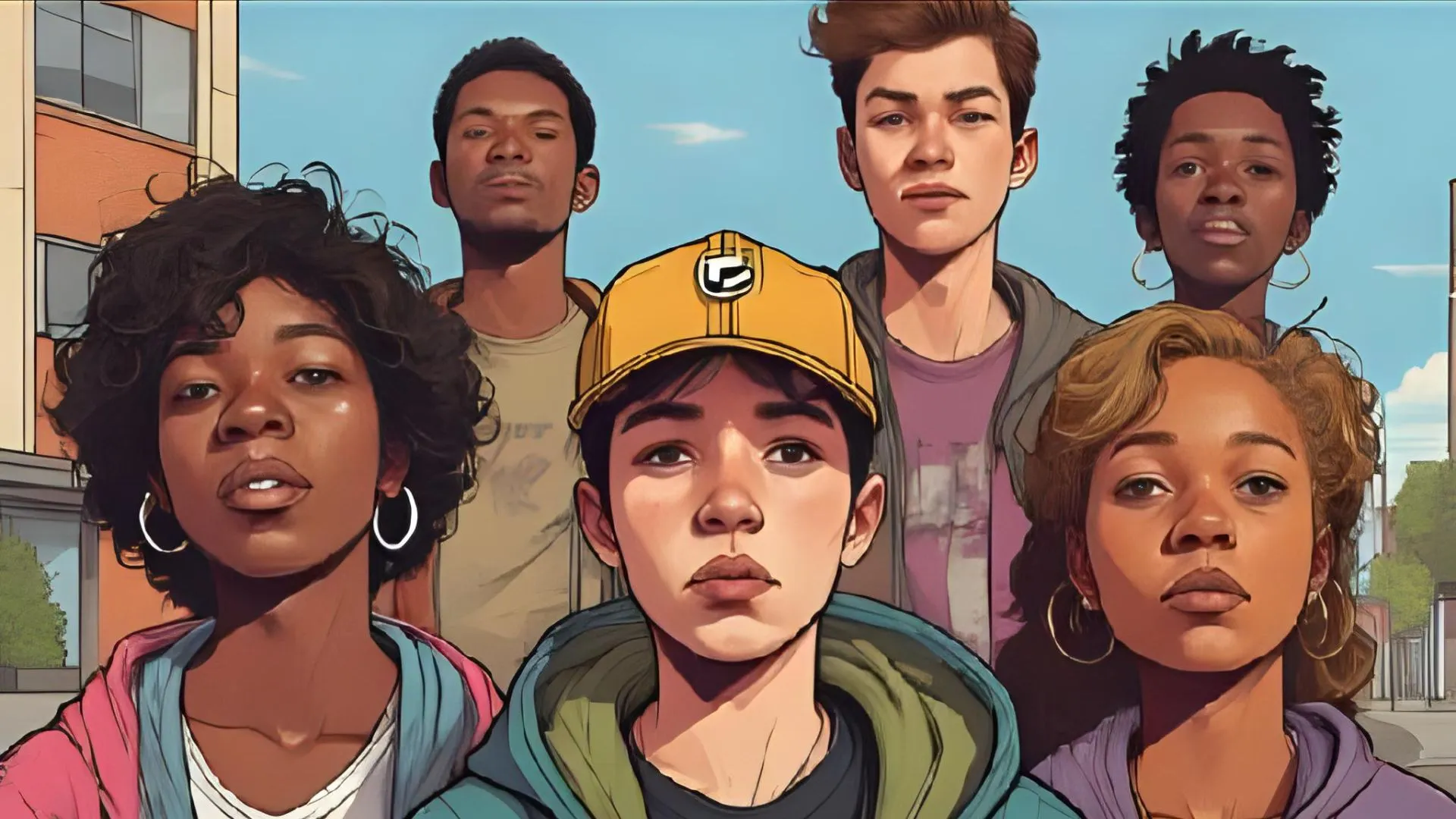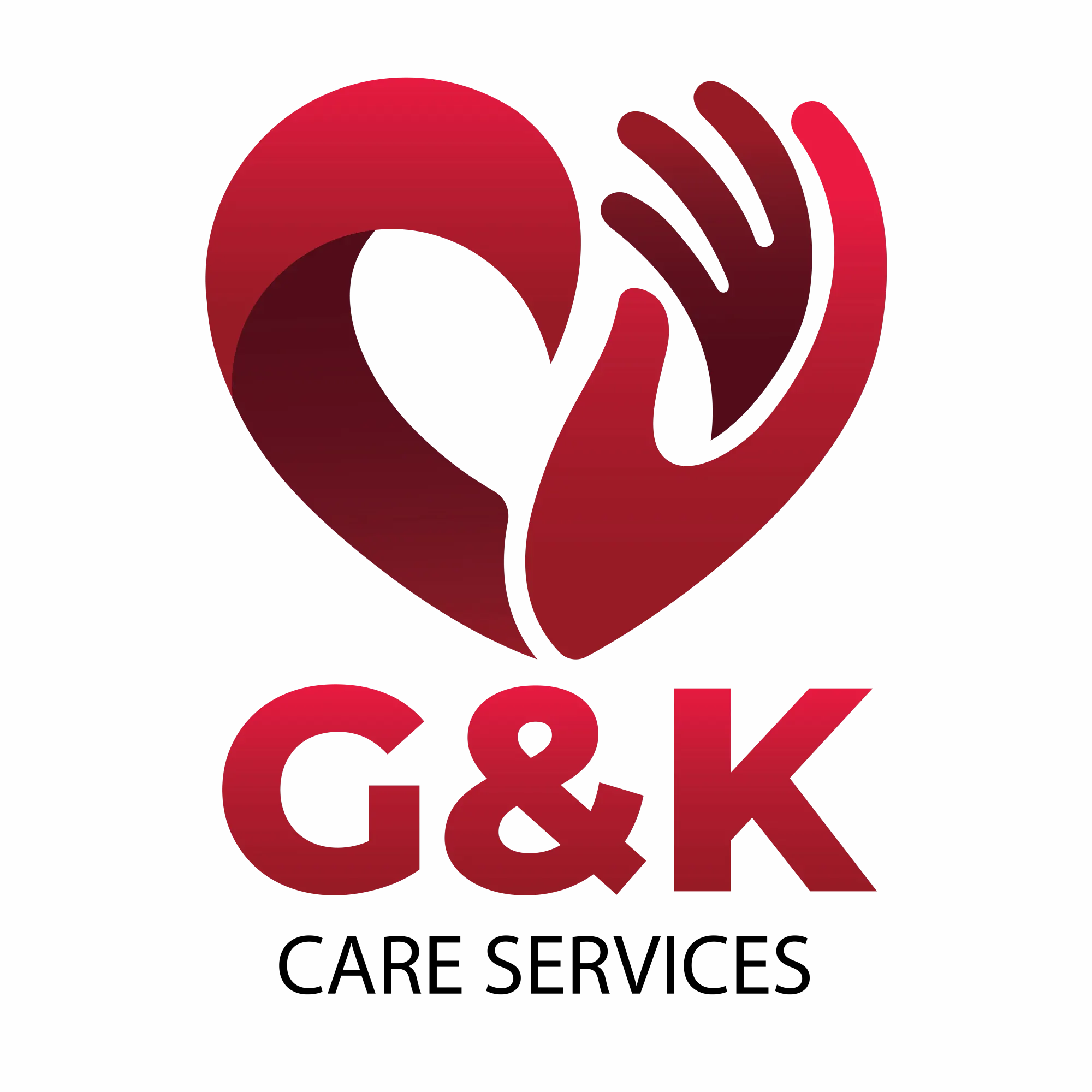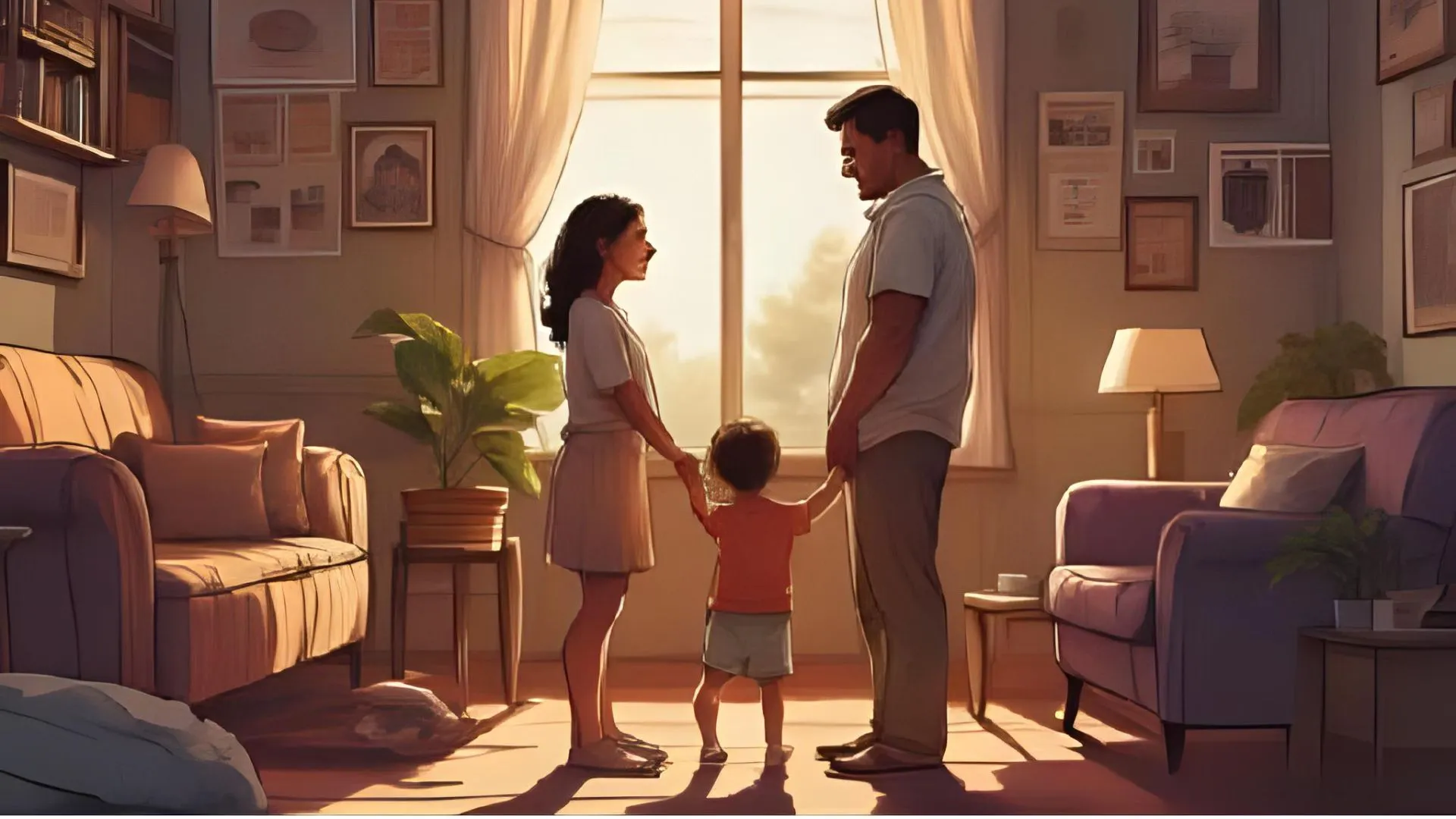Beyond Survival Mode: Teaching Care Leavers the Skills Nobody Talks About

Here's a conversation I've had countless times:
Commissioner: "Do they know how to budget?"
Me: "Yes."
Commissioner: "Can they cook?"
Me: "Yes."
Commissioner: "Job search skills?"
Me: "Covered."
Commissioner: "Great. So they're ready for independence."
Me: "Actually... no. We haven't even scratched the surface."
After 35 years working with care-experienced young people, I've noticed a dangerous pattern:
We focus relentlessly on practical skills while ignoring the psychological and social competencies that actually determine success.
A young person can ace budgeting but still end up homeless because they couldn't advocate for themselves with a landlord.
They can cook beautiful meals but struggle to maintain employment because they don't know how to regulate emotions under stress.
They can write a perfect CV but remain isolated and vulnerable because they never learned to build support networks.
These are the skills nobody talks about.
And they're the ones that matter most.
The Hidden Curriculum of Family Life
Think about what children learn—often unconsciously—when raised in stable, supportive families:
They watch parents:
● Navigate disagreements without violence
● Advocate for themselves in professional settings
● Ask for help when they need it
● Manage stress through healthy coping mechanisms
● Build and maintain relationships
● Repair ruptures when things go wrong
They experience:
● Adults who keep their promises
● Consistency in responses
● Explanations for decisions
● Opportunities to make age-appropriate choices
● Natural consequences in low-stakes situations
● The message, "You are worthy of care"
This is the hidden curriculum.
It's not formally taught. It's absorbed through thousands of micro-interactions over 18 years.
Care-experienced young people missed most or all of this.
And then we send them into the world expecting them to somehow know these unspoken rules, emotional skills, and social competencies.
It's not just unfair. It's setting them up to fail.
The Skills We Forget to Teach

Let me walk you through the competencies that rarely appear in pathway plans but are absolutely critical for independent living:
1. Self-Advocacy: Using Your Voice Without Aggression
Most care leavers I work with swing between two extremes:
Passive acceptance: "It's fine" (when it's not fine). Letting people walk over them because they don't believe they deserve better.
Aggressive confrontation: Exploding when their unmet needs finally boil over.
What's missing? Assertive self-advocacy.
The ability to say:
● "I need you to explain this in a different way"
● "That doesn't work for me. Can we find another solution?"
● "I'd like to request..." rather than demand or passively hope
In our Charting Your Path programme, we explicitly teach the assertive communication formula:
"I feel [emotion] when [situation] because [reason]. I need [specific request]."
Then we practice. Role-play scenarios:
● Landlord entering your flat without notice
● Employer changing your schedule without consultation
● Benefits office losing your paperwork (again)
We simulate these conversations until assertiveness becomes accessible under stress.
Why? Because knowing your rights means nothing if you can't articulate them.

2. Emotional Regulation: Managing the Storm
Life as a care leaver is stressful.
You're navigating:
● Financial insecurity
● Housing instability
● Employment challenges
● Relationship complexities
● Trauma responses
● The stigma of being "in care"
All while your peers are still living with parents who handle most adult responsibilities.
If you don't have strategies for managing overwhelming emotions, you will:
● Lose jobs because you snapped at a manager
● Lose housing because you smashed things during a meltdown
● Lose relationships because you pushed people away
● Make impulsive decisions that derail your progress
Yet how often do we explicitly teach emotional regulation?
In our programme, we help young people:
● Identify their personal triggers
● Recognize early warning signs of escalation
● Build a toolkit of healthy coping strategies
● Practice grounding techniques
● Create self-care plans
This isn't touchy-feely nonsense. It's survival skills.
You can't execute a budget if you're in crisis.
You can't perform well at work if you're emotionally dysregulated.
Emotional regulation is foundational—yet we treat it as optional.
3. Building and Utilizing Support Networks

Independence is a myth.
Successful adults don't go it alone. They have networks:
● Family who provide emergency housing
● Friends who lend money when needed
● Colleagues who give career advice
● Neighbors who water plants when they're away
● Communities that provide belonging
Care leavers often have none of this.
And worse, they've learned that asking for help leads to:
● Being moved to a different placement
● Being labeled "needy" or "difficult"
● Adults promising support and then disappearing
So they try to be entirely self-sufficient.
And they burn out.
In our programme, we have an activity called "My Support Network Map."
Young people visually map out:
● Who can I call in an emergency?
● Who can I talk to about my feelings?
● Who knows about practical stuff (housing, benefits, jobs)?
● Who can advocate with me if needed?
Then we identify gaps and work to fill them:
● Connecting with mentors
● Joining community groups
● Building peer relationships
● Identifying professional supports
We teach them that needing help isn't weakness—it's human.
And knowing how to ask for it, who to ask, and how to maintain supportive relationships is a critical life skill.

4. Cultural Identity and Belonging
This one gets overlooked constantly.
But research is clear: Strong cultural identity correlates with better mental health, higher self-esteem, and improved outcomes for care leavers.
Why?
Because knowing who you are—where you come from, what you value, what makes you unique—provides:
● Anchor during instability
● Source of pride
● Connection to community
● Sense of continuity
Many care-experienced young people, especially those from minoritized backgrounds, have been disconnected from their cultural heritage.
They've been:
● Placed with families from different backgrounds
● Moved away from their communities
● Given messages (explicit or implicit) that their culture is "other" or "problematic"
In our workbook, we have a section called "My Cultural Identity."
It's not a diversity tick-box.
It's space for young people to:
● Explore their heritage
● Connect with cultural communities
● Celebrate what makes them unique
● Understand how their identity has been shaped
For a young person who's experienced rejection and marginalization, this work can be transformative.
It says: "You are not broken. Your background is not a deficit. You belong."

5. Digital Literacy Beyond the Basics
Yes, most young people can use social media.
But can they:
● Spot a phishing email?
● Manage their digital footprint for employment?
● Use online banking safely?
● Navigate government websites to access services?
● Understand privacy settings and data protection?
● Recognize online scams?
These aren't innate skills. They need to be taught.
Especially for young people with learning disabilities or those who've had limited access to technology in care.

6. Seeking Help Without Shame
Perhaps the most important meta-skill:
Knowing when you need help and being able to ask for it without feeling like a failure.
This requires:
● Believing you deserve support
● Trusting that adults will follow through
● Understanding that needing help is normal
● Knowing who to ask and how to ask
For care leavers who've experienced repeated disappointments, this is hard.
We have to actively rebuild that trust.
Model reliability.
Keep our promises, even the tiny ones.
Celebrate when they ask for help rather than struggling alone.
Because independence isn't doing everything yourself.
It's having the confidence to navigate challenges—and the wisdom to know when to reach out.

What This Means for Practice
If you're designing services or training for care leavers, ask yourself:
Are we only focusing on the practical skills we can easily measure?
Or are we addressing the psychological and social competencies that actually determine outcomes?
Here's what should be in every pathway plan:
● ✅ Self-advocacy training (assertive communication)
● ✅ Emotional regulation strategies
● ✅ Support network mapping and development
● ✅ Cultural identity exploration
● ✅ Digital literacy for independent living
● ✅ Explicitly teaching that asking for help is strength
These aren't extras. They're essentials.
At G&K Care Services, our Charting Your Path programme integrates all of these often-overlooked competencies.
Because we've learned through 35 years of frontline practice that:
Young people don't fail at independence because they can't budget.
They struggle because they don't know how to advocate for themselves, manage overwhelming emotions, build support systems, or believe they're worthy of help.
Those are the skills that determine whether someone thrives or merely survives.

The Training Gap for Key Workers
Here's the uncomfortable truth:
Most key workers haven't been trained to teach these skills either.
They're brilliant at:
● Completing paperwork
● Coordinating services
● Managing crises
● Following safeguarding procedures
But ask them to teach emotional regulation or facilitate cultural identity work?
Many feel completely out of their depth.
And that's not their fault—it's a systemic failing.
We expect key workers to be:
● Social workers
● Life skills coaches
● Therapists
● Mentors
● Advocates
● Cultural competency experts
Without giving them proper training for any of it.
That's why our training programme for key workers is so comprehensive.
We don't just hand them a workbook and say "good luck."
We teach them:
How to facilitate experiential learning (not just lecture)
How to ask reflective questions that promote self-awareness
How to create psychologically safe spaces for difficult conversations
How to adapt activities for young people with autism, ADHD, learning disabilities
How to navigate cultural identity work sensitively and authentically
How to model healthy emotional regulation themselves
How to build trust with young people who've learned not to trust adults
Because the quality of the key worker's facilitation matters as much as the content of the workbook.
A brilliant curriculum delivered poorly achieves nothing.
A solid curriculum delivered with skill, empathy, and cultural competence? That changes lives.
Real-World Impact

Let me share what this looks like in practice:
Marcus came to our supported accommodation at 18. ADHD. History of child criminal exploitation.
He could cook. He could budget (sort of). He knew how to use a washing machine.
By traditional measures, he was "ready" for independence.
But he had zero emotional regulation skills. When stressed, he'd explode—shouting, breaking things, storming out.
He'd already been asked to leave two previous placements because of this.
We didn't focus on more budgeting worksheets.
We worked on:
● Identifying his triggers (feeling disrespected, being told what to do without explanation)
● Recognizing early warning signs (jaw clenching, heart racing)
● Building his coping toolkit (taking a walk, listening to music, calling his key worker)
● Practicing assertive communication instead of aggressive reactions
Six months later?
Marcus still gets frustrated. He still faces stressful situations.
But he doesn't explode anymore.
He says, "I need to step away for ten minutes" and removes himself from the situation.
He uses his words: "I feel frustrated when decisions are made about me without asking me, because it makes me feel like my opinion doesn't matter."
That's the skill that will determine whether he maintains housing, keeps jobs, and builds healthy relationships.
Not whether he can cook pasta.
Aisha arrived at 17. Autism. Moderate learning disabilities.
She could follow a recipe. She understood budgeting concepts. She had good personal hygiene habits.
But she had no sense of who she was.
Mixed heritage. Adopted at 7, then back into care at 14. Placed with three different foster families, none from her cultural background.
She told her key worker: "I don't know where I fit. I'm not white enough. I'm not Pakistani enough. I'm just... nothing."
Traditional life skills training couldn't touch that pain.
But our cultural identity work could.
Over several months, her key worker:
● Created space for Aisha to explore her heritage
● Connected her with a local Pakistani community group
● Helped her research her birth family's cultural traditions
● Supported her in reclaiming parts of her identity she'd been taught to suppress
The transformation wasn't about skills—it was about belonging.
Aisha now volunteers with the community group, teaching younger girls traditional crafts.
She describes herself confidently: "I'm British Pakistani. I'm mixed. I'm autistic. I'm me."
That sense of identity and belonging will sustain her through challenges in ways that cooking skills never could.

The Bigger Picture
These stories illustrate what we've learned over 35 years:
Success in independent living isn't primarily about practical competence.
It's about:
● Believing you're worthy of support
● Having tools to manage difficult emotions
● Knowing how to advocate for yourself
● Building and maintaining support networks
● Understanding who you are and where you belong
● Recognizing that asking for help is strength
These are the skills nobody talks about.
But they're the ones that determine whether a care leaver merely survives—or actually thrives.

A Challenge to the Sector
To commissioners, local authorities, and service providers:
Stop evaluating readiness for independence solely through practical skills checklists.
Start asking:
● Can this young person regulate their emotions under stress?
● Do they know how to advocate for themselves assertively?
● Have they built a support network they can rely on?
● Do they have a strong sense of identity and belonging?
● Can they ask for help without shame?
These questions matter more than whether they can cook a meal.
And to key workers, social workers, and support staff:
You're not just teaching life skills. You're healing trauma, building identity, and restoring belief in human connection.
That's heavy, important work.
You deserve proper training and support to do it well.

Moving Forward
At G&K Care Services, we're committed to changing how we prepare care-experienced young people for independence.
Our Charting Your Path programme addresses the whole person:
● ✅ Practical skills (yes, budgeting and cooking matter)
● ✅ Emotional competencies (regulation, resilience, self-care)
● ✅ Social skills (advocacy, communication, building relationships)
● ✅ Identity work (cultural competency, self-understanding, belonging)
● ✅ Support-seeking (knowing when and how to ask for help)
And we train key workers not just in what to teach, but how to facilitate transformative learning.
Because care leavers deserve more than survival mode.
They deserve the opportunity to thrive.
We're currently accepting:
🏠 Placements for young people aged 17-18 in our OFSTED-registered supported accommodation
🏡 Young adults 18+ in our CQC-registered accommodation with personal care
📚 Training enquiries from organizations who want to upskill their teams
Specializing in complex needs including:
● Autism spectrum conditions
● ADHD
● Learning disabilities
● Attachment issues
● Mental health challenges
● History of child criminal exploitation
📧 Contact: [email protected]
📞 Phone: 02033938277
🔗 Website: https://gandkcareservices.com/
Gradle Gardner Martin has over 35 years of frontline social work experience supporting care-experienced young people. She founded G&K Care Services to provide therapeutic, evidence-based support that addresses the whole person—not just practical skills, but the psychological and social competencies that determine whether young people will thrive in independent adulthood.
Share your thoughts:
What are the "invisible skills" you think are most critical for care leavers? Comment below—let's start a conversation about what really matters.

